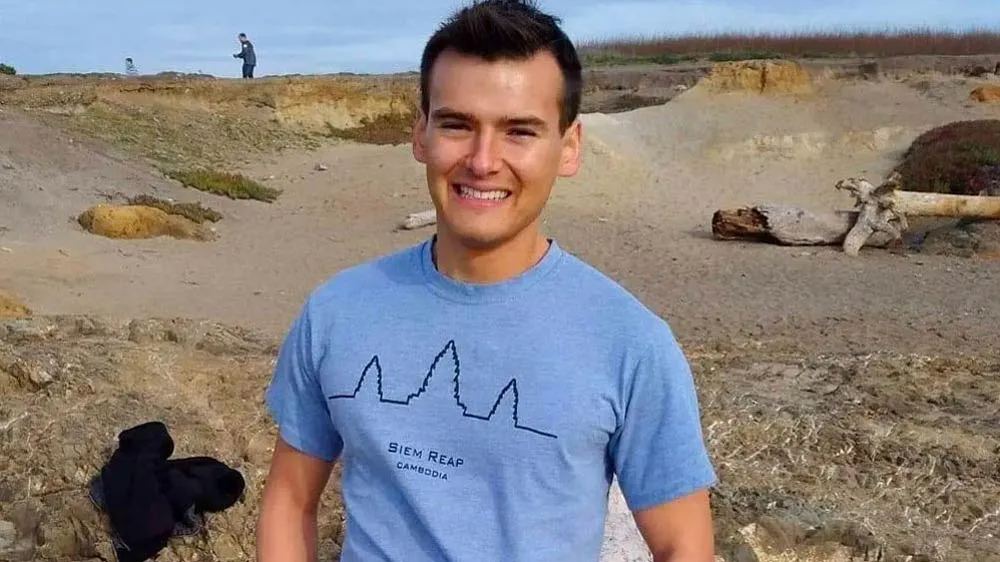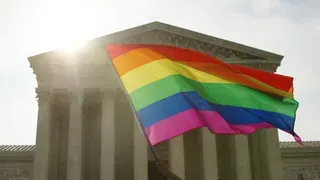July 27, 2021
Michigan Board Declines to Certify LGBTQ Rights Ballot Drive
David Eggert READ TIME: 2 MIN.
The Michigan elections board on Monday declined to certify an LGBTQ-rights ballot drive after determining it did not submit enough valid voter signatures.
The 4-0 vote from two Democrats and two Republicans came after the elections bureau did a second review and estimated Fair and Equal Michigan turned in roughly 263,000 legitimate signatures, about 76,000 short. The group, whose donors include prominent businesses, had spent $2.9 million to gather more than 468,000 signatures.
It vowed to appeal the determination in court.
The proposal would revise the state's 1976 civil rights law to prohibit discrimination based on sexual orientation or gender identity in employment, housing and public accommodations. Organizers want to place the measure before the Republican-led Legislature, where similar legislation has long stalled. If lawmakers did not act, it would go to a statewide vote in November 2022.
Election staffers ruled many signatures ineligible because the signers were not registered voters or because of address, date or other errors.
"Fair and Equal Michigan provided numerous examples to the board detailing how a significant number of our signatures were improperly thrown out," spokesman Josh Hovey said. "The Board of Canvassers never addressed the issues we raised with the way the Bureau of Elections staff handled our petitions, and we are confident that if all our valid signatures were counted then we would easily meet the threshold to move forward."
More than 20 states expressly bar discrimination in employment, housing and public accommodations based on sexual orientation and gender identity while another – Wisconsin – prohibits discrimination against gays and lesbians but not transgender people, according to the Human Rights Campaign, a national LGBTQ-rights organization.
In 2020, the U.S. Supreme Court ruled that a federal civil rights law protects gay, lesbian and transgender people from discrimination in employment. Supporters of the Michigan measure have said it would provide broader protections in local employment along with housing and public accommodations.
The Michigan Supreme Court has agreed to consider whether the state's existing ban against sex discrimination covers sexual orientation and gender identity. The lawsuit was filed by Rouch World, a Sturgis-based wedding venue and park, and Marquette-based Uprooted Electrolysis after they refused services to a same-sex couple and a transgender woman who subsequently filed complaints with the state Department of Civil Rights.




